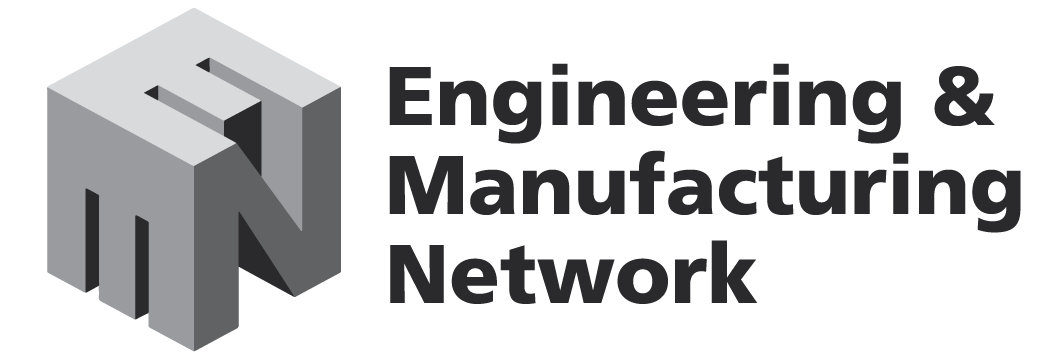The commercial world is a sea of abbreviations.
And as technology and culture continue to change, so too is the depth of shopfloor shorthand growing further cavernous.
Among the countless fresh waves, though, an altogether more familiar acronym continues to lap the shoreline – HR.
Habitually maligned and oft misunderstood, the two letters, for many organisations, have long been regarded a necessary evil, a begrudging additional cost to already straining budgets.
But to take such an approach, says Lauren Bathan, an associate director at specialist recruitment and outsourced talent services partner Jackson Hogg, is to adopt a short-term view.
Instead, by actively embracing HR, and allowing a thorough strategy to wash over a wider operational blueprint, she says firms not only gain greater marketplace traction but lay the foundations for longer term success.
She says: “HR is an untapped resource when it comes to businesses creating and sustaining a competitive advantage.
“Strong HR and organisational practices allow companies to focus more intently on their objectives, be they innovation, efficiency, quality or growth, for example.
“A good HR programme fosters an environment where human capital is allowed to thrive, and delivers outcomes a firm’s competitors can neither achieve as quickly nor easily copy.
“And, as we saw with the pandemic, it also means valuable safety nets are in place to help contend with the unexpected.”
Fundamental to understanding such, says Lauren – who heads Jackson Hogg’s flagship HR Partnership
service that delivers tailored support to catalyse client growth, nurture talent streams and empower positive cultures – is to look beyond the profession’s outdated stereotypes.
She says: “HR still carries perceptions of someone sitting in a musty old room, tapping out contracts and sending people dismissal letters.
“But it is far from that; HR doesn’t exist in a vacuum and it isn’t a back office function.
“It is professional, specialist support, much like that from a Chartered accountant or procurement expert, for example.”

And to maximise its impact, Lauren says HR policy must be wholly incorporated into an organisation’s overarching strategy, rather than being seen as an administrative outlier.
She says: “Organisations often fail to connect business strategy with HR strategy.
“Leaders know how to explain the former, but can sometimes struggle to explain what is required of their people.”
And drawing the two more closely together, she says, is particularly imperative in the post-pandemic era of greater employee empowerment.
Lauren says: “It is more important than ever for companies to make true and authentic people investments.
“A business must value its people as a key strategic priority and capability.
“Present-day employees expect to be reflected in how a business operates, rather than being an afterthought.
“That means an organisation must have structures that not only understand modern people practices but harness them too.
“Bringing HR teams to the table – and including them in strategy decisions – is integral to ensuring that.”
“And we are seeing approaches change,” adds Lauren, who has helped numerous Jackson Hogg clients across the science, manufacturing, engineering and technology sectors strengthen HR frameworks.
She says: “Increasingly, firms are taking less of a mechanistic view of people and are instead seeing them as autonomous agents – a core competence, rather than a cog – that can make a real difference. “And a strong HR structure will only enhance that. “For example, a business might want to be
innovative, but that requires people with ideas. “That itself requires the creation of a culture that
enables people to feel safe and free to try new things and, on occasions, make mistakes.
“Furthermore, being able to look at the knowledge, skills and behaviours of the future, and map out appropriate action, is crucial to business growth – and HR enables that.
“For example, if technological changes mean a business is going to need different skills, HR can support moves to grow in-house talent if there isn’t a candidate surplus.”
Lauren adds: “There will be organisations that have enjoyed a degree of success over recent years, and therefore believe their current HR processes are working fine.
“But if a business isn’t focusing on its people, then it will eventually feel the cost.
“HR isn’t simply about hiring and firing; it is an active approach towards pre-empting tomorrow’s challenges right now.
“And any business that doesn’t see it as that is unlocking the door for competitors to use the potential of its people for their benefit.”
